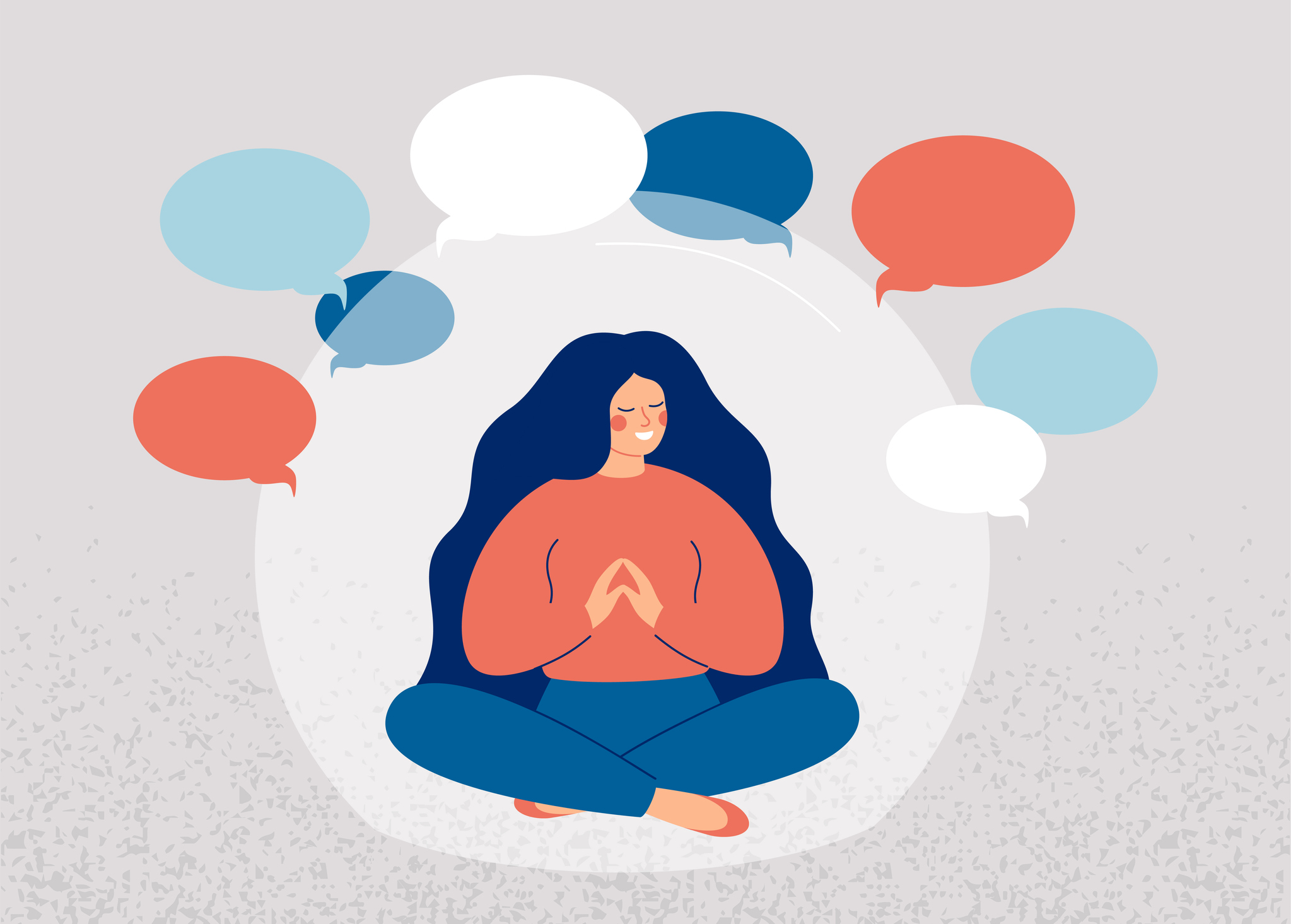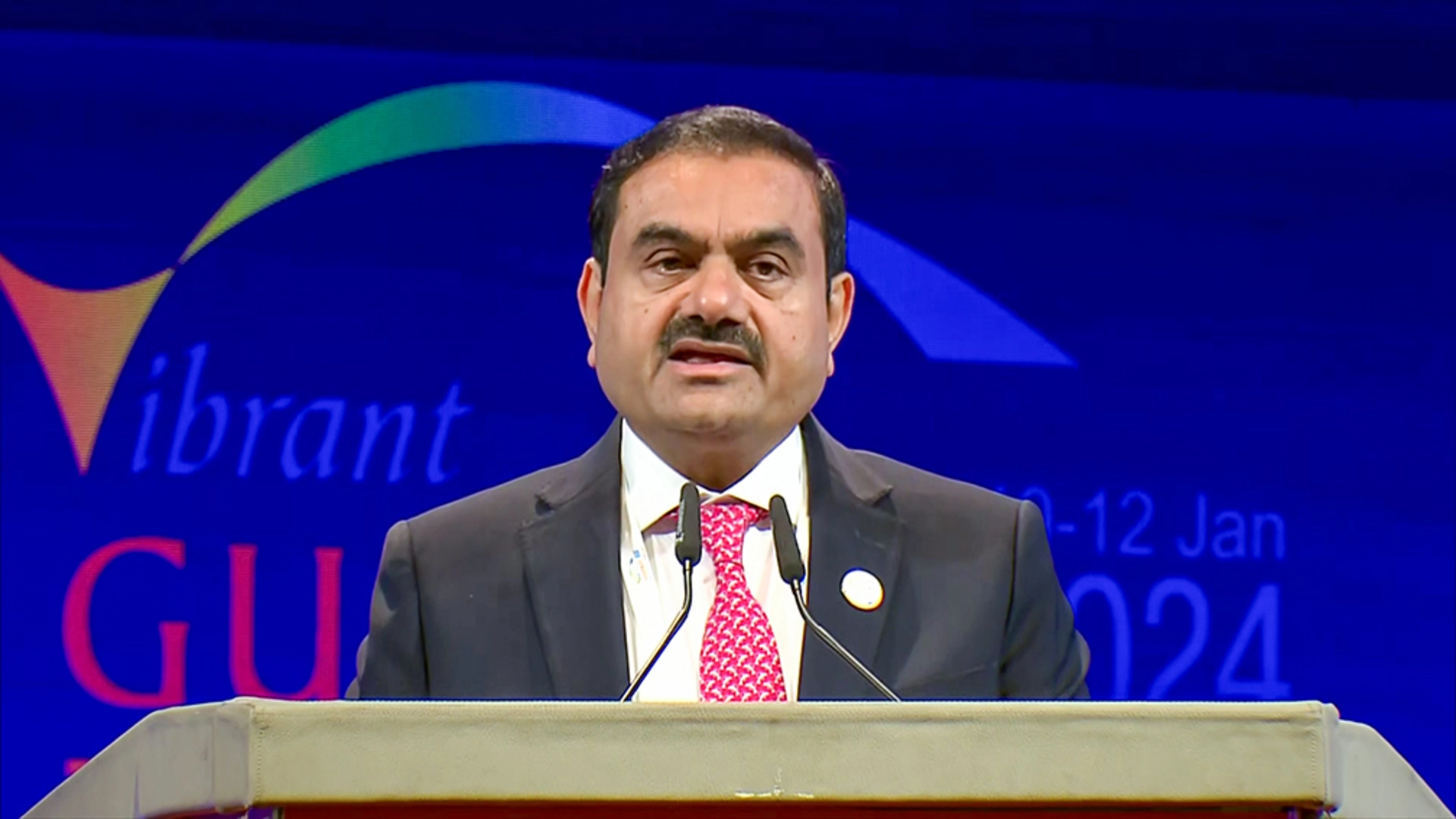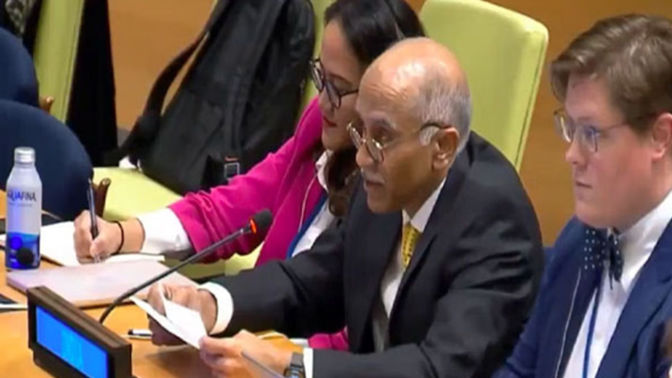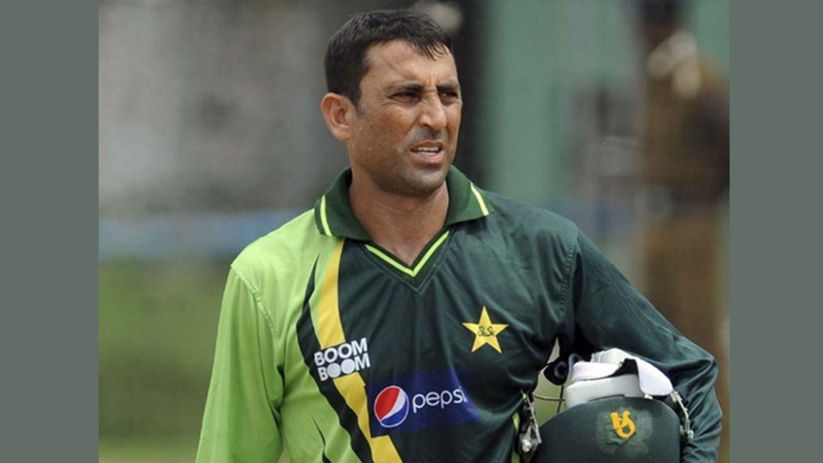
In a recent encounter during a trip to the coastline, I crossed paths with an old acquaintance from my television days. In passing, we exchanged the customary pleasantries, asking each other how we were doing. Our responses were the mechanical and all-too-familiar “I’m fine,” and we moved on. Little did I know that just a few days ago, I would hear about this acquaintance experiencing a mental breakdown. This revelation led me to reflect on our brief interaction from a couple of months ago, and I began to contemplate the widespread use of the phrase “I’m fine.” It struck me that if this commonplace response were genuinely true, the world would indeed be a wonderful place.
There is a certain sense of pride that comes with putting up a brave front, concealing one’s vulnerabilities, and avoiding admitting to struggling with the supposedly “lesser” important matter of mental health. Speaking one’s mind openly has not been widely encouraged, as societal norms dictate certain ways of behavior. Sharing one’s mental struggles is an even bigger taboo, and this has led to a lack of understanding and acceptance.
This theme resonated with me as it mirrors a concept I explored in my book, “A Dark and Shiny Place.” In the story, the protagonist, Maya, experiences what she believes to be supernatural hauntings in her home during the pandemic. However, these disturbances may also be a result of her loneliness and depression, stemming from the fragile state of her mental health. Fearful of acknowledging her internal struggles, she prefers to attribute her experiences to the paranormal, as it seems more justified.
While global conversations around mental health are slowly gaining prominence, with the World Health Organization recognizing it as the next potential pandemic, India lags behind in making it mainstream. Deep-rooted factors such as patriarchy and a lack of education on the subject contribute to this. For generations, people have been quick to label those who deviate from societal norms as “mad,” and this taboo persists because it exposes a perceived weakness, impacting the image we project to the world in our pursuit of acceptance and validation.
Women, who have borne the brunt of inequality and oppression, are more inclined to discuss their mental well-being compared to men. The deeply ingrained patriarchy in our society makes it challenging for men to admit their vulnerabilities, often leading them to denial and further suffering. The burden of conforming to traditional gender roles and societal expectations is not only onerous but also unfair. If the responsibility of family care and well-being were shared equally among all capable members, regardless of gender, it would foster a more inclusive and healthier society.
A few years ago, we struggled to initiate conversations about mental health and have it recognized as a genuine concern. However, the progress we’ve made could be reduced to nothing more than a hashtag if not handled with care. A significant portion of our population remains unfamiliar with the concept of mental health.
For those who are ignorant, the first step is to acknowledge and discuss it, even if their approach may seem clumsy or insensitive. If we chastise them for not articulating their struggles perfectly, they may withdraw into a comfortable silence, avoiding the harsh realities. Instead, guiding and educating the uninformed should be our approach. We need more patience with our evolving and relatively uneducated society when it comes to mental health issues. It’s crucial to encourage conversations, even if they begin in rudimentary terms, and follow them up with patience to steer them in the right direction, asking the right questions, and infusing empathy into the discourse. It’s a process, and it’s one we must collectively work on, fostering an environment of less judgment and more empathy.
Pragati Deshmukh is a film, TV and OTT storyteller who is out with her debut book A Dark and Shiny Place















